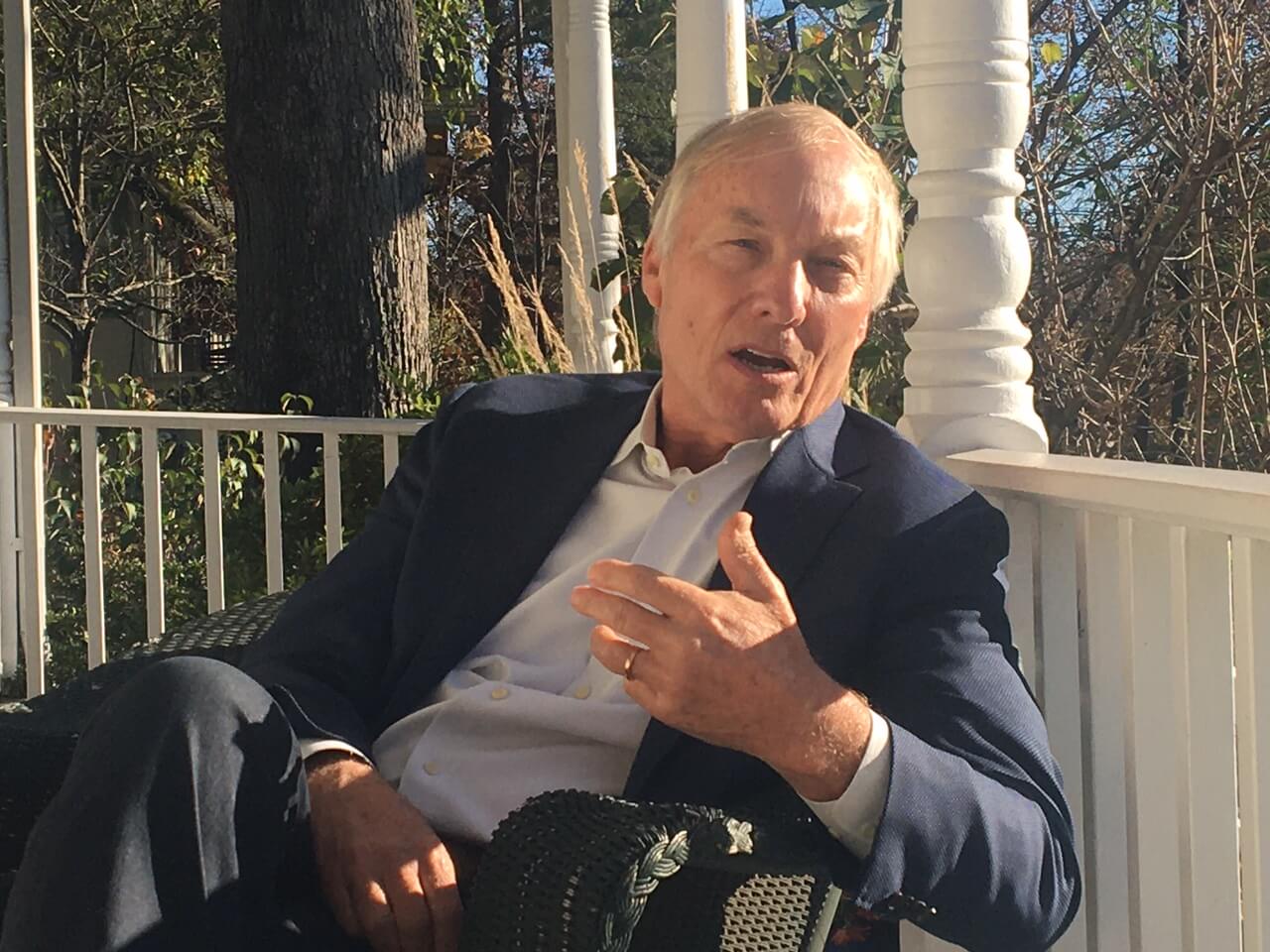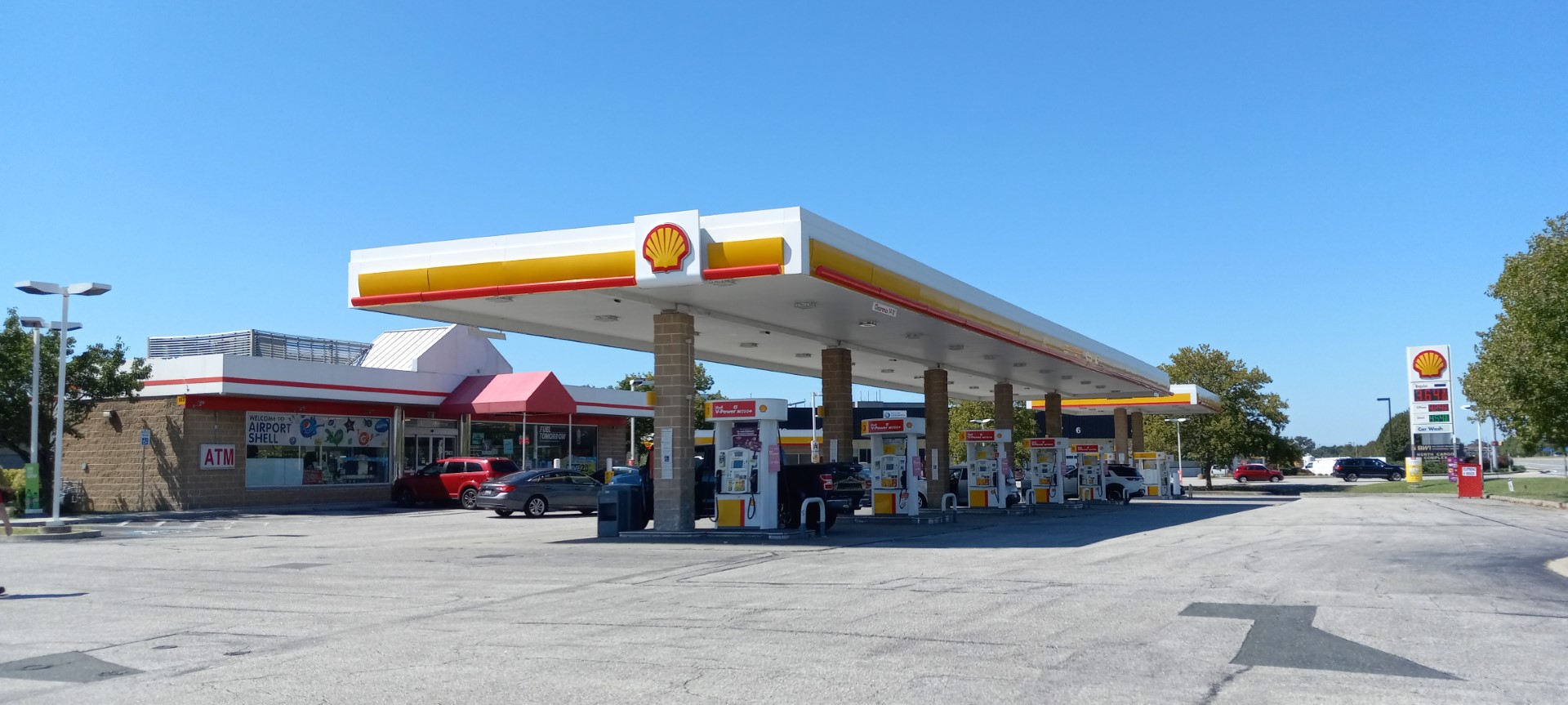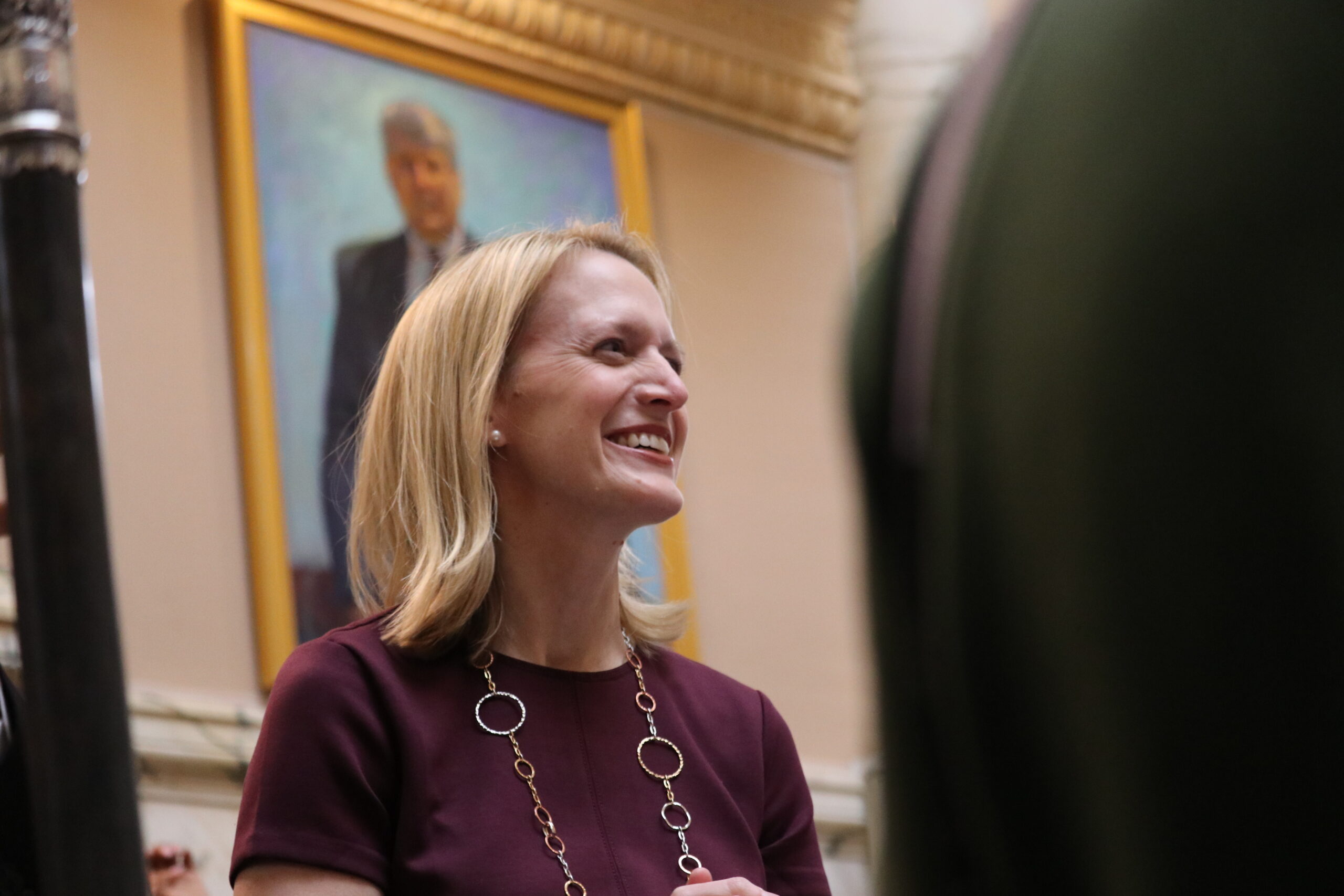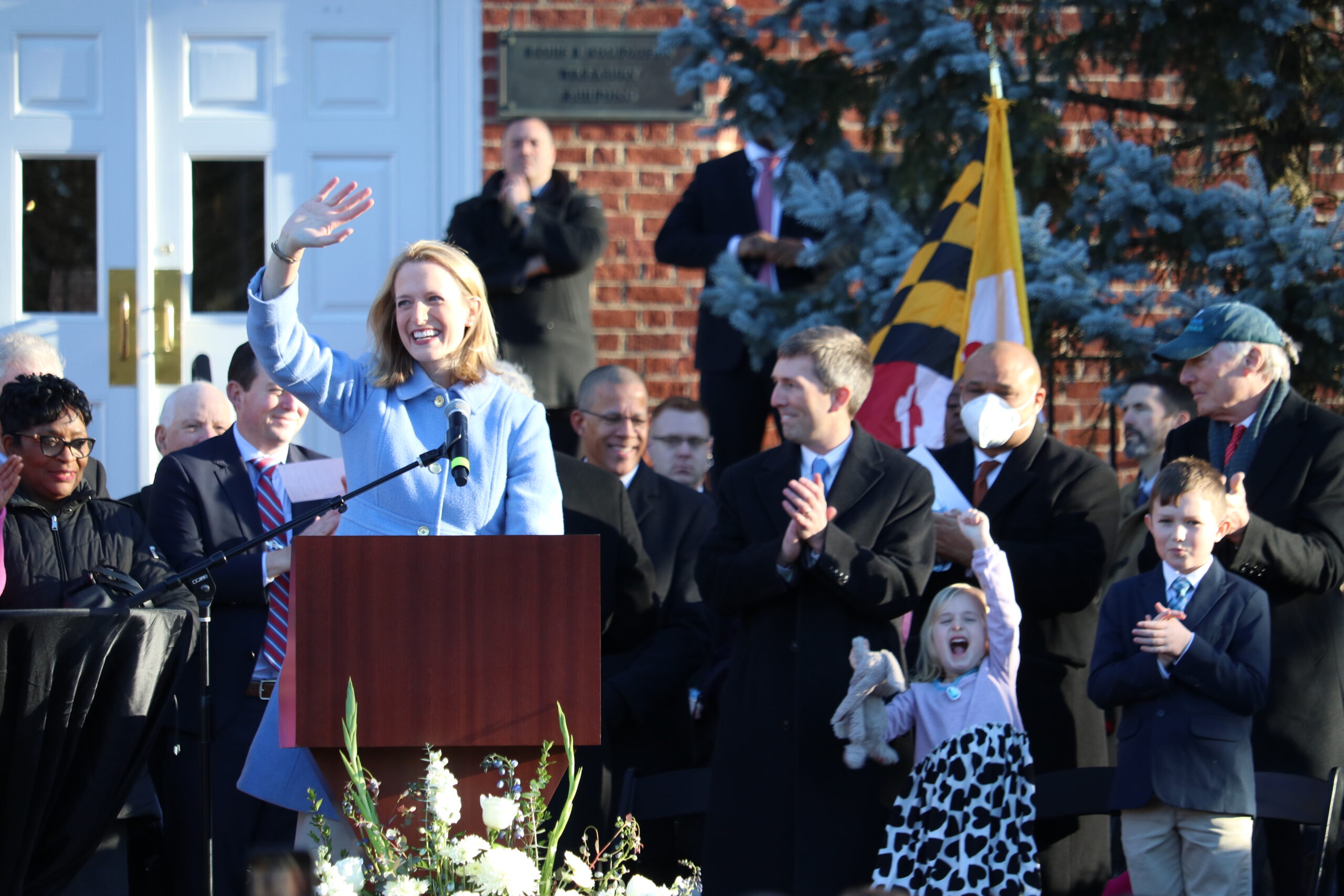Franchot Likely to Approve Scaled-Back Plan to Widen Montgomery Highways

Comptroller Peter V.R. Franchot, the likely swing vote on the state’s plan to widen two Montgomery County highways, signaled in a recent interview that he will support the first phase of the project when it comes for a vote later this spring.
But he said the other phases of Republican Gov. Lawrence J. Hogan Jr.’s ambitious plan to build privately-funded toll lanes along all of Interstate 270 and the Capital Beltway (I-495) “is one of those ideas that may disappear.”
Franchot (D), an announced candidate for governor in 2022 and a member of the influential Board of Public Works, made his comments during an interview with Robert V. Clark Jr., a Prince George’s County attorney and host of the “Everyday Law” podcast.
A “pre-development” contract for a first phase of Hogan’s plan — which includes rebuilding the American Legion Bridge and adding high-occupancy toll lanes to the western-most portion of the Beltway and the southern portion of I-270 — is slated to come before the three-person board some time in May, at the earliest.
Franchot serves on the panel alongside Hogan (R) and Treasurer Nancy K. Kopp (D), and he is considered the second vote the governor needs. The two-term governor, who is set to leave office in early 2023, is on a tight timeline to get the controversial project approved before his term ends.
The state has chosen Accelerate Maryland Partners, a consortium spearheaded by the giant Australian firms Transurban and Macquarie, for “pre-development” work on the project.
Under the concept the Maryland Department of Transportation fashioned in the wake of the near-collapse of the Purple Line, that contract would allow for some planning and design work to occur while — rather than after — a federally-required environmental review is conducted.
Hogan’s original plan called for privately-funded lanes along the Beltway, I-270 and the Baltimore-Washington Parkway. Franchot used his post on the BPW to negotiate changes to the phasing and wrest other concessions.
Under the new phasing, the state would rebuild the American Legion Bridge in a partnership with Virginia, and it would widen I-270 south of Interstate 370 and the stretch of the Beltway that runs between the Potomac River and Old Georgetown Road.
“The reason that it’s been reduced from the original project to a much smaller one is that they didn’t have the second vote,” Franchot said on the podcast. “I’m the second vote.”
The comptroller said he views the first phase as a “test” to see whether — as supporters claim — variably-priced toll lanes reduce congestion for both the motorists who use them and for those who opt to use the existing free lanes.
“It’s not Phase 1, followed by Phase 2, Phase 3. It’s Phase 1, period,” he said. “We’re going to see how it works.”
Planners at the Maryland Department of Transportation are skeptical of the theory that southbound motorists on I-95 will take the InterCounty Connector (an existing toll road) and I-270 to reach the American Legion Bridge, but Franchot appears to have embraced that belief.
He said people would be happy to “pay an extra $20 to get more quickly over the American Legion Bridge.”
“It would provide a big reduction in the congestion, we think, on traffic coming south out of Baltimore,” he added.
Franchot said it will be “five or six years” before the state even considers widening the Beltway east of Old Georgetown Road, through the Silver Spring area and northern Prince George’s.
A resident of Takoma Park, Franchot noted that that segment of the project prompted “a big hue and cry and uproar over there.”
The state can use more “moderate” approaches, he said, such as using existing shoulders and “reversible lanes,” to ease congestion on that portion of the Beltway.
Comptroller gives out personal cell number
The half-hour interview with Clark was replete with the quirky flourishes that are Franchot trademarks.
- He gave out his personal cell number at the beginning of the interview, “so that people feel they can always connect with me if they need to.” “You’d be amazed at the things I learn,” he said of his callers. “People are really smart, and they have eyes and ears, so I benefit from being connected to ordinary folks.”
- Franchot called the Comptroller’s office a “sleepy bureaucracy” before he took the helm 14 years ago, but “we’ve created this juggernaut of an agency.” “We made it a really fun job,” he added. “I recommend it highly to people.” Whoever takes his place in the Louis L. Goldstein Treasury Building will “inherit a Maserati,” he boasted.
- He said the bimonthly meetings of the Board of Public Works have become “action central,” giving him the “ability to pontificate on issues well beyond just the taxes.”
- Franchot lamented that no other Democrats have officially stepped into the gubernatorial primary, depriving him of the opportunity to debate the issues. “Please let’s get some opponents,” he said. “I’m happy to pay their filing fees.”




 Creative Commons Attribution
Creative Commons Attribution